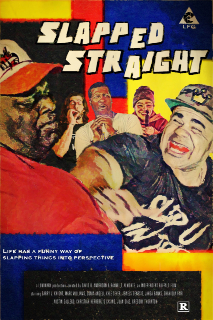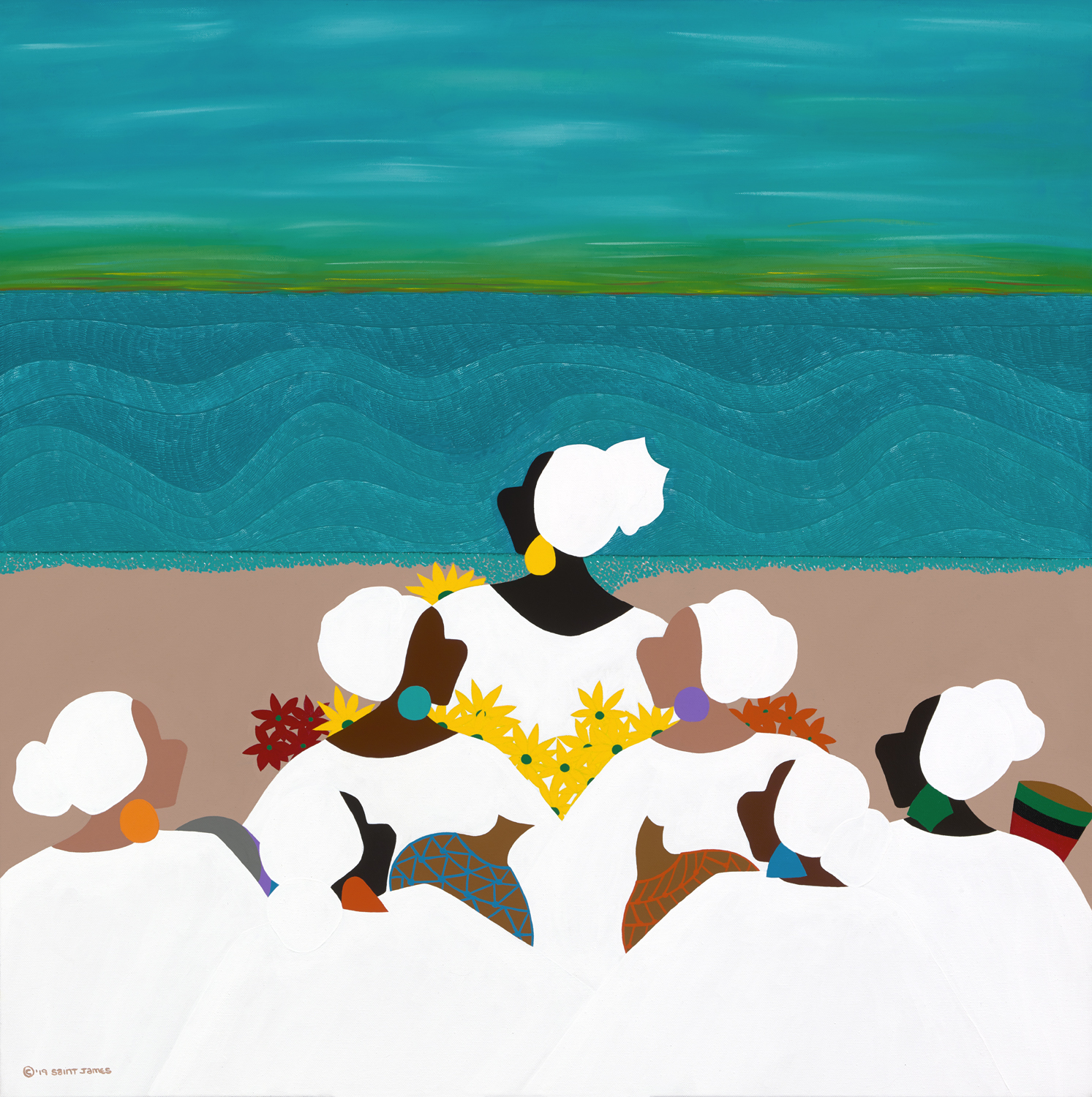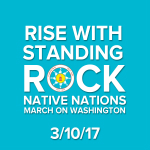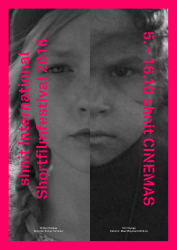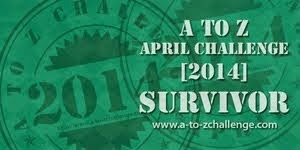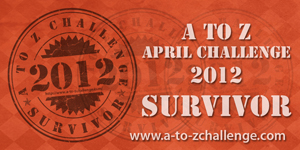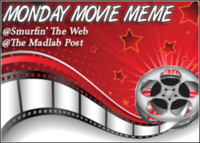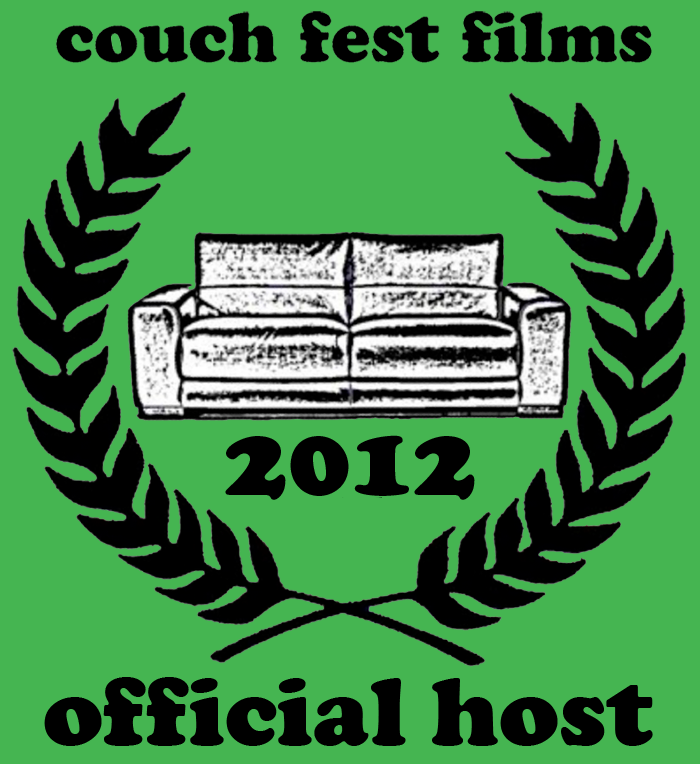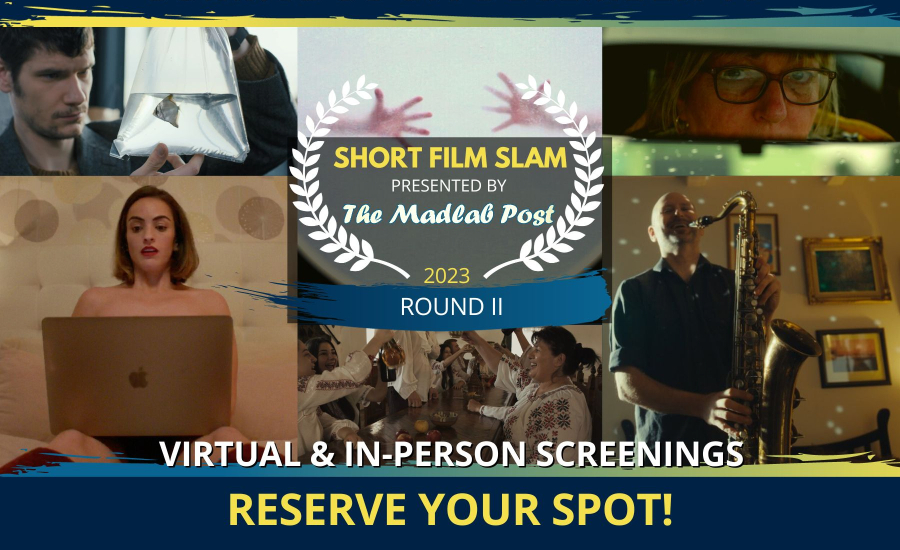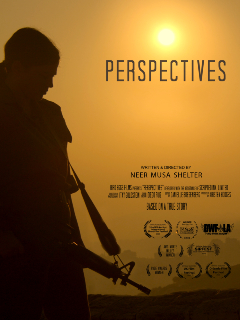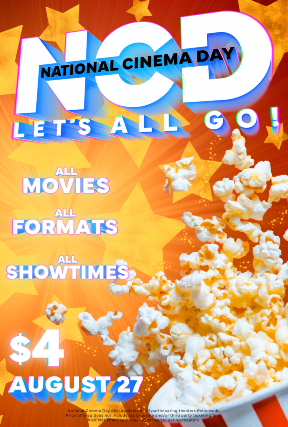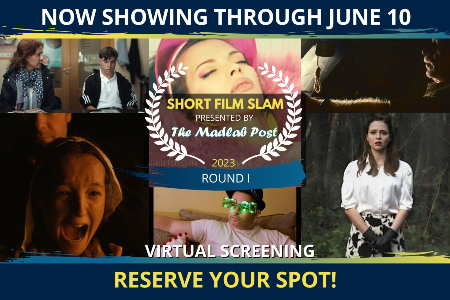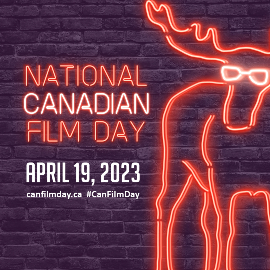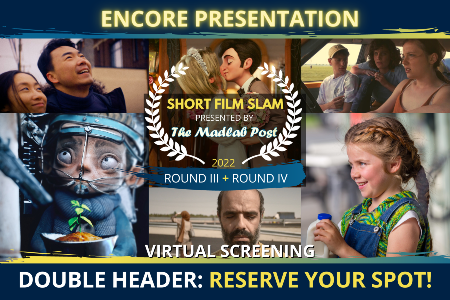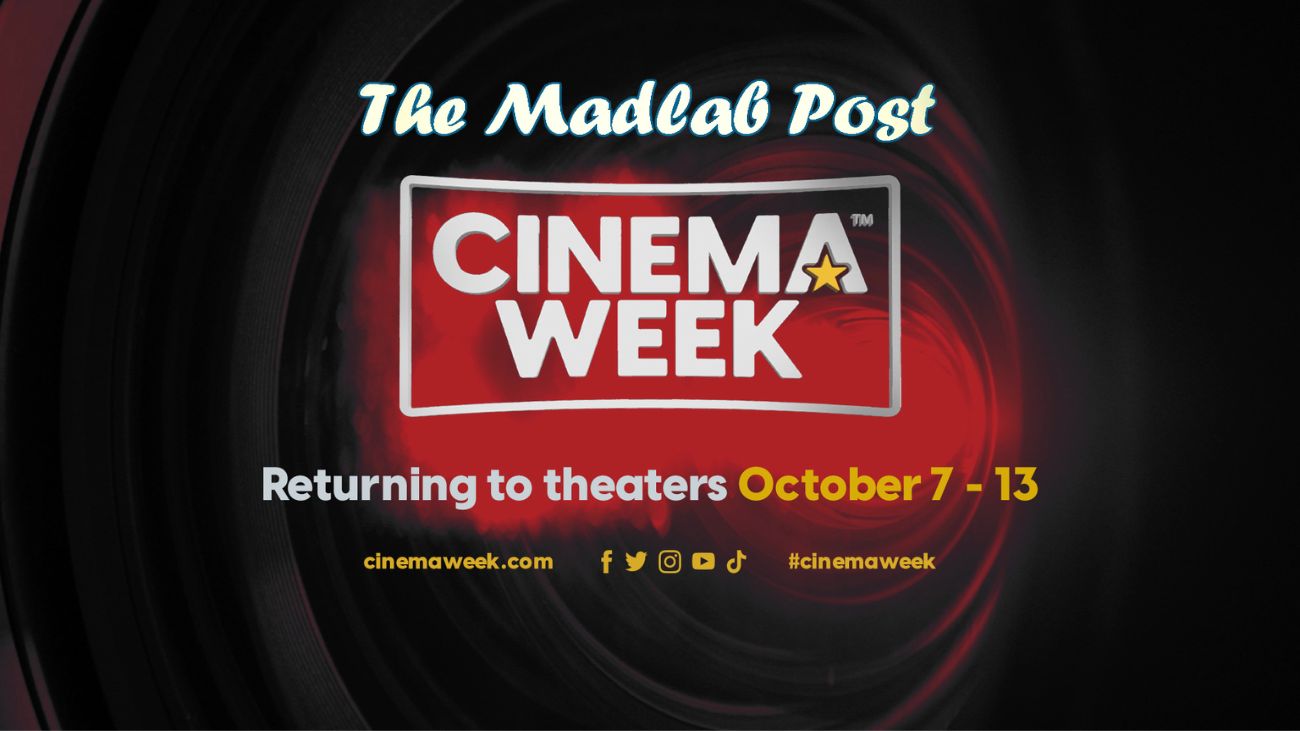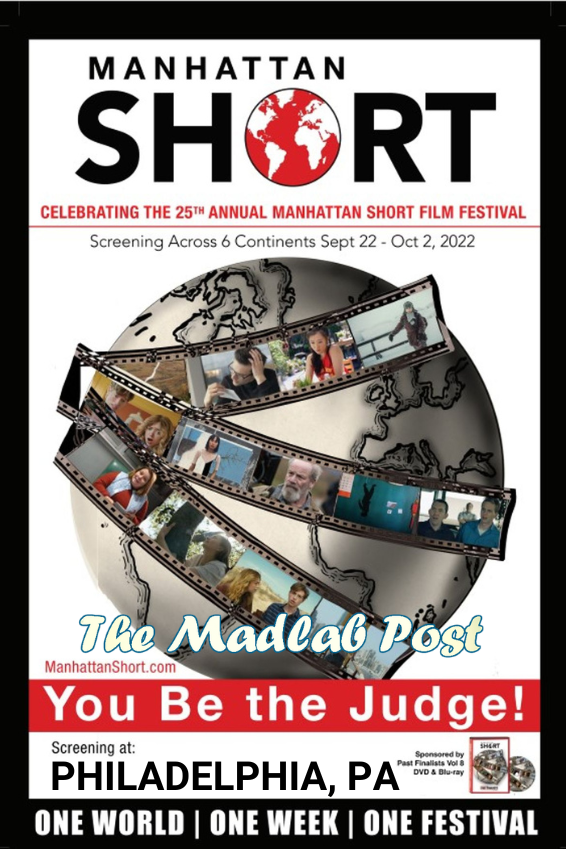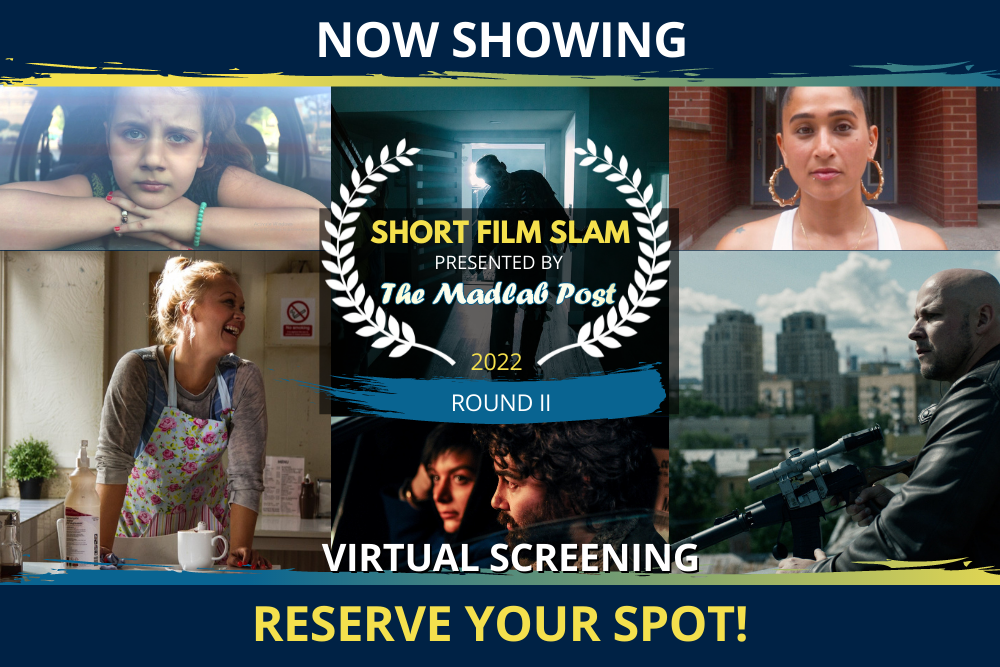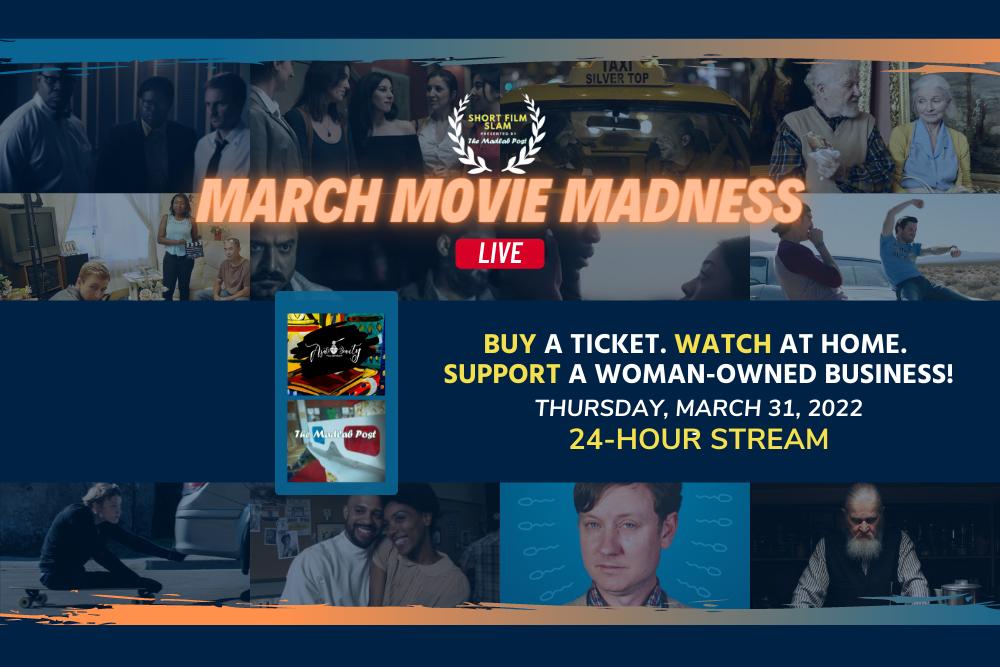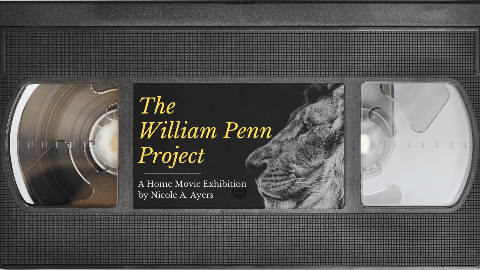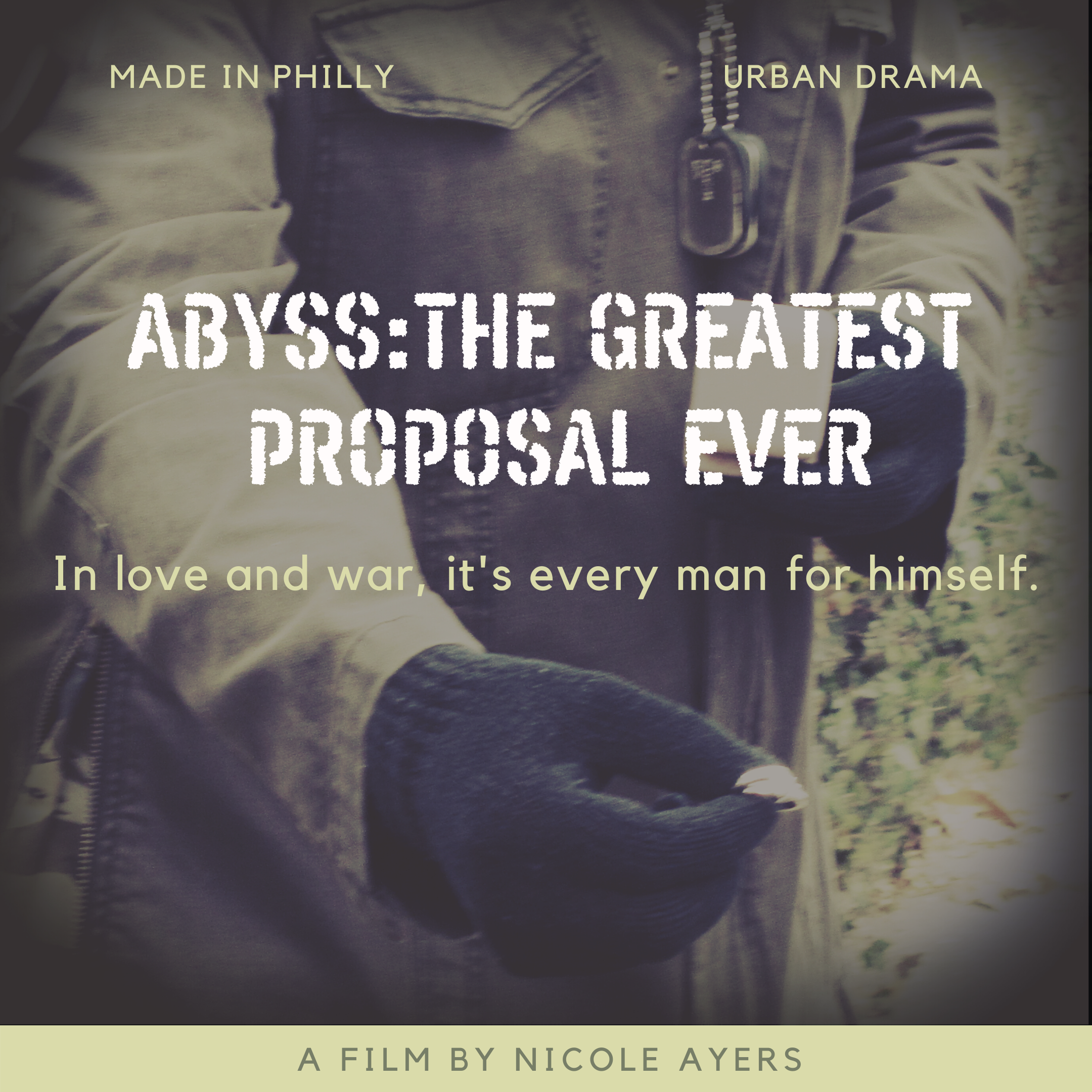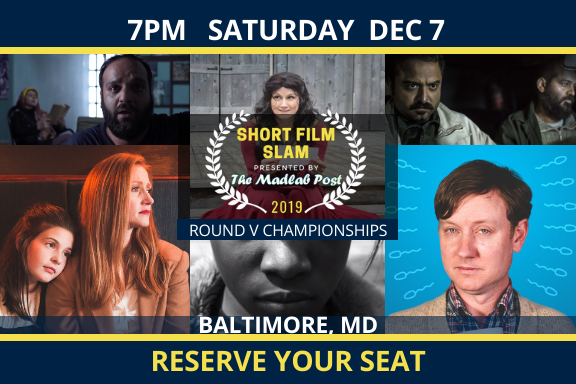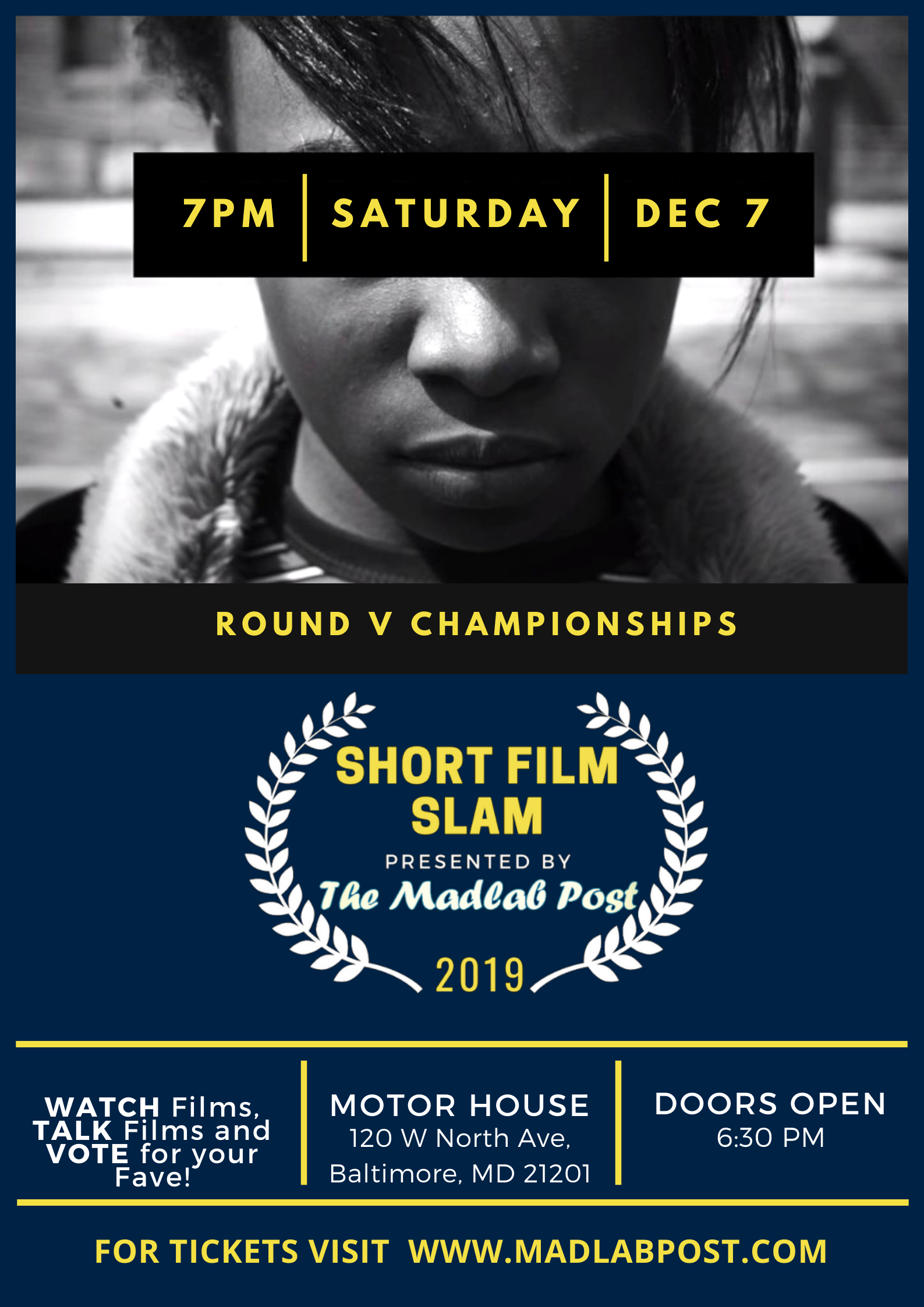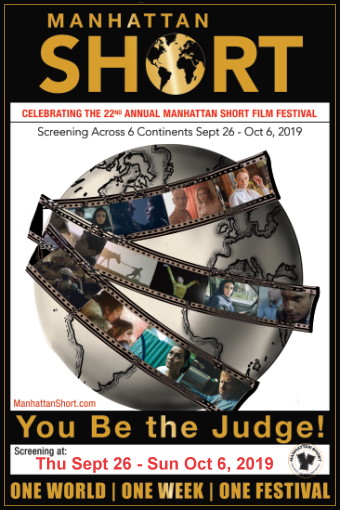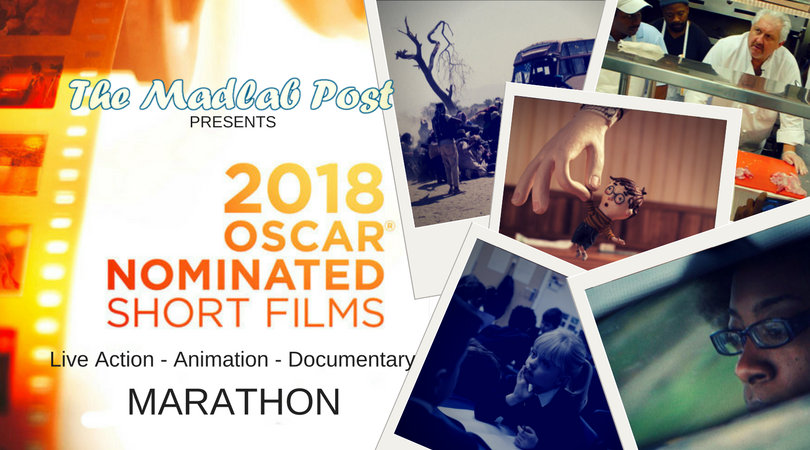What Ben Affleck Can Teach Us about Bravery #atozchallenge #RatedR #IndieFilm
 Wednesday, April 2, 2014 at 11:56PM
Wednesday, April 2, 2014 at 11:56PM "I'm grateful for everything you've done for me. You're like my brother...but I'm leaving. Are you gonna shoot me? Go ahead...but you'll have to shoot me in the back."
– Ben Affleck as Doug MacRay in the Crime Drama “THE TOWN”
 A "Four Eyed Monsters" Scene Directed by Susan Buice and Arin CrumleyYou have to be willing to stand up for what you want. It's about making decisions for yourself that might be unpopular or unwelcome by the masses.
A "Four Eyed Monsters" Scene Directed by Susan Buice and Arin CrumleyYou have to be willing to stand up for what you want. It's about making decisions for yourself that might be unpopular or unwelcome by the masses.
It's about hearing people or traditions or even your own self-doubt try to hold you back or forbid you from doing something different; entertaining new possibilities, and still pushing forward in a way that says "Screw you! I'm doing it anyway!" -- even if it means losing the relationships or status that you had with friends, family or the extended community, up until this point.
Bravery is the moment when you take huge risks to forego what's comfortable and familiar, in favor of the possibility to be in a situation that best meets your interests or needs. It surfaces when you stop questioning your own motives. It reveals itself the moment you quit making choices that you are less than enthusiastic about, only to please other people. Being an independent filmmaker requires a certain level of bravery at many stages of the process.
That scene in “The Town” where Ben Afflecks character basically tells his best friend to go fuck himself, is what I think it means to be brave. Three independent filmmakers, however, also come to mind when I think about what bravery looks like.
- Collaborators Susan Buice and Arin Crumley’s Do-It-Yourself approach to finding (and growing) an audience of more than a half million people is unlike anything that has been done before they made the comedy drama “Four Eyed Monsters.”
 They captured their filmmaking journey as well as a budding romantic relationship, and shared it in a series of video podcasts on their YouTube channel.
They captured their filmmaking journey as well as a budding romantic relationship, and shared it in a series of video podcasts on their YouTube channel.
Buice and Crumley were brave to make their experiences public on another level, chronicling the pitfalls and successes that they each faced as artists, lovers and friends who mixed business with pleasure; all for the world to see – through massive credit card debt, depression, insecurities about STDs and all, despite the risk of being scrutinized by people in their own social circles, co-workers, roommates, YouTube viewers and film industry critics.
They were also brave to pursue non-traditional means of getting people to pay attention to their work, which included convincing fans to “request” their film in local theaters, which helped them organize a release correlating with the demand in cities across the country.
- Bravery explains how Steve Balderson can call people, companies and organizations on their bullshit while also questioning the conventional practices that we irrationally follow when it comes to the movie business.
 Balderson doesn't limit himself in any way and is not afraid to stay true to his vision. He stands tall even when people are walking out of the theater where his movie is playing, or throwing objects at the screen in anger during the film festival run for his comedy drama “Watch Out.” He has worked with some of the most unforgettable talent that a filmmaker could have the pleasure to direct, including the late actress Karen Black.
Balderson doesn't limit himself in any way and is not afraid to stay true to his vision. He stands tall even when people are walking out of the theater where his movie is playing, or throwing objects at the screen in anger during the film festival run for his comedy drama “Watch Out.” He has worked with some of the most unforgettable talent that a filmmaker could have the pleasure to direct, including the late actress Karen Black.
In filmmaking, as in other professions (and various areas of life, for that matter), there will be people like Ben Affleck’s (fictional) best friend, who will want to keep you from steering your life in the direction you want it to go in -- and in the way you so desire to do so. Appeasing those kinds of people doesn’t do anyone any good. I know I don’t have time for that kind of nonsense and I’m guessing that neither do you, so we’re both in the same boat. So whaddya say we tell them to go fuck themselves! Stand tall like Steve Balderson. Get creative with your pursuits like Arin Crumley and Susan Buice. Be brave.
What does Bravery look like to YOU?
If you haven’t already, read yesterday’s post: Awards are Worthless – The Anxiety of Seeking Approval as an Artist, the first installment in my series about Why We Make Movies.







